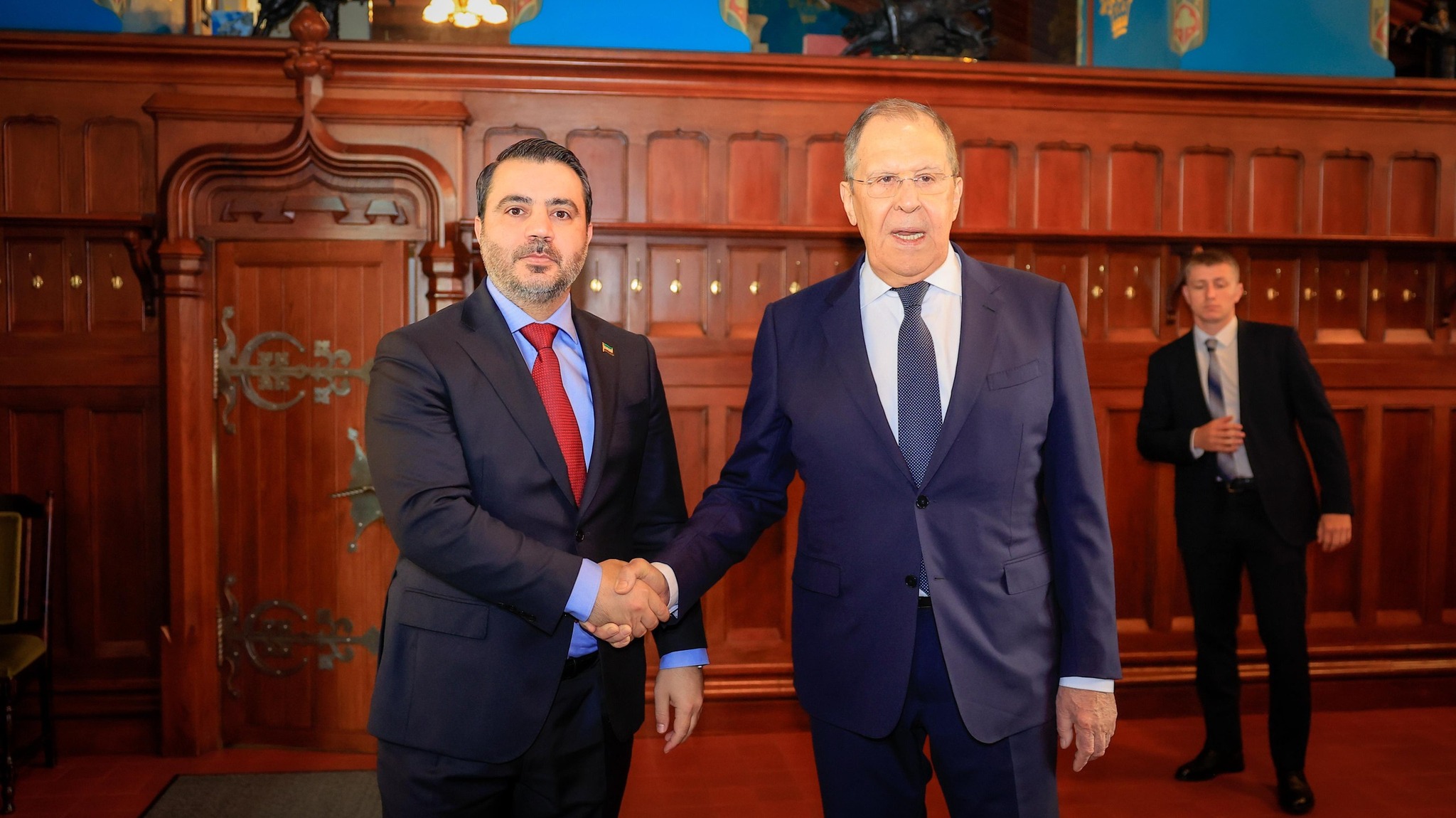The Future of Syrian-Russian Relations: And the Challenges Involved

As soon as the announcement was made about the visit of Syrian Foreign Minister Asaad Al-Shibani to Moscow last July, public circles began to question the nature of the relationship between the new Syria and Moscow, especially in light of thorny issues such as the fate of Assad and the Russian military bases in Syria.
After years of alliance between Russia and the Assad regime, what will the nature of these relations be and what challenges will the new Damascus government face?
Russia's Relationship with the Assad Regime and Its Impact on the New Syria
Russia has allied with the previous regime militarily and politically since the beginning of the war and announced its full support since 2015 until its fall, then granted Assad and his entourage a safe haven after the fall. Here, a question arises about transitional justice: what will its future be, as it is considered the biggest obstacle to any rapprochement taken by the Damascus government.
However, diplomatic rhetoric dominates the situation so far, as mutual interests are a goal for both parties, and this is evident from Al-Shibani's statements in Moscow, which confirm Damascus's desire to establish new relations based on mutual respect. This reflects that Damascus is aware of the importance of the Russian player in the region on both military and economic levels, but the challenges facing the Damascus government are not limited to just good relations.
Military Bases and Popular Demands
The military bases in Hmeimim and the previously signed security agreements between the two countries are among the most prominent challenges facing the new Damascus government. It is impossible to end the Russian military presence at the moment, which is one of the most important popular demands in Syria. As for handing over the file of prosecuting Bashar Assad, it is unlikely that Moscow will present him for trial for fear of weakening its regional position.
Reasons for Syrian-Russian Rapprochement
It seems that Damascus is seeking balance in its foreign policy; rapprochement with the West does not preclude opening channels of communication with Russia, especially since it is considered a bridge of understanding with other parties such as Iran and Israel. However, in light of the international isolation that Moscow is experiencing after its war with Ukraine, can it provide Damascus with the investments and financial support that Western and Gulf countries offer? Especially since Israel has become more subject to the American decision today.
It is clear that Moscow wants to maintain its interests in Syria at the lowest costs, while Syria seeks to achieve internal stability and ensure that armed conflict does not return. The success of relations between the two countries depends on separating the past from the present and finding a consensual formula that preserves their interests without provoking the anger of the Syrian street or the international community.
In politics, interests alone prevail. But the question remains about how willing Russia is to give up the Assad card, and whether Damascus is ready to risk its relations with the West for a partnership with Moscow, which is no longer as it once was?